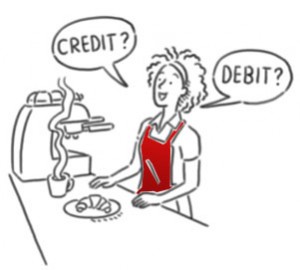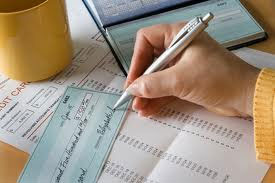
If You Make Frequent Moves
If you know that your job is going to require that you relocate every few years, or if a bit of “wanderlust” is part of your makeup, you’d be foolish to be burdened with home ownership everywhere you went. Home purchases and sales involve costs, with fees on both sides. Even in a positive market where property values intend to increase, you aren’t likely to break even.
When A House Payment Would Break You
It isn’t just the monthly payment. There tends to be more out-of-pocket expenses with home ownership. Maintenance and repairs, for instance. When debating the factors, add about a thousand dollars a year to the mortgage money for such costs. Best to leave those to another owner while you pay a set rent if things are looking tight.
If you are looking at homes, notice that some of them are in serious disrepair, probably from just this circumstance. The owners can afford the payment, but not the upkeep. Assume that this could happen to you too, if the margins are too skimpy. Maybe, like some home purchasers, you believe you can take care of upkeep and repairs yourself, but if the demands get beyond your capacities, you’ll end up paying a contractor. Being house poor is hardly a desirable offset for the perceived blessings of owning.
What Your Area Offers
If in your neighborhood a home typically sells for $300,000, with a monthly payment of $1,800, but rentals can be had for $1,000 a month, the math isn’t hard to do.
Unless you can easily manage the $1,800, the rental seems the better option. What you lose in such a scenario is the tax advantage that a mortgage offers. But the $800-per-month savings in rental payments goes a long way toward offsetting that advantage. And you needn’t look at the additional costs of maintenance and repairs, which amounts to even more savings.
Making Major Life Changes
A personal financial crunch, divorce, being widowed, relocation, starting a new job — these and many other unexpected life events are all good reasons that you may need to rethink ownership vs. renting, at least temporarily. Any situation that creates a new reality for you should demand such a rethink. In any major life upheaval, renting could provide the flexibility you need before things settle into that new reality. Not being tied to a mortgage could help you safely bridge gaps when things don’t go as you had thought they would.
If owning a home is your dream, go for it. But remember that renting is a good option until the dream comes true.



